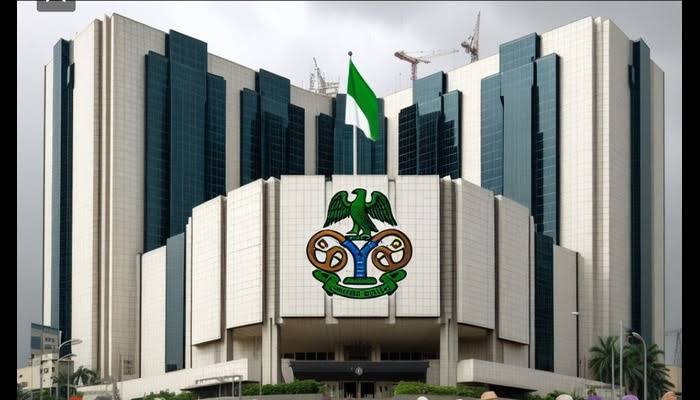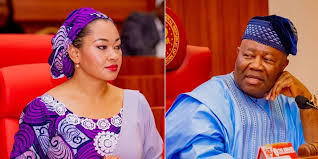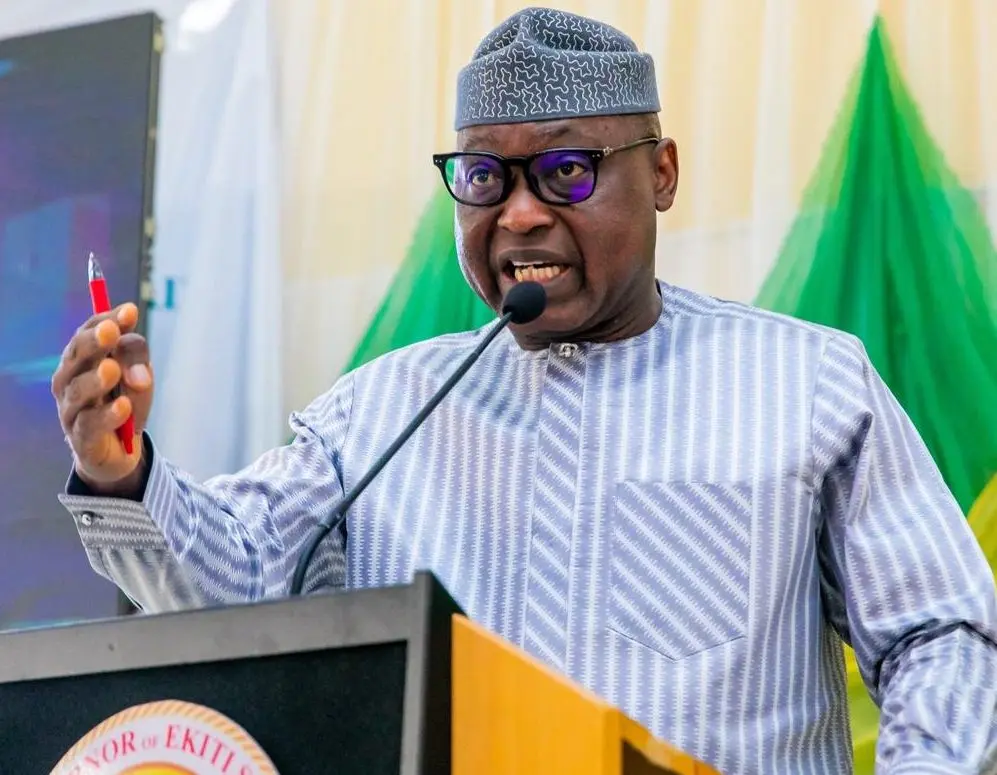
By Ologeh Joseph Chibu
The Central Bank of Nigeria (CBN) has provided insights into the spending within the power sector through facilities it extended to various stakeholders.
According to a report from the Bank, Electricity Distribution Companies (DisCos) in Nigeria may have acquired meters and associated accessories, averaging a cost of N670,000 per prepaid meter, utilizing a N273.3 billion facility facilitated by the CBN.
The CBN’s assessment of a N10.3 trillion developmental finance budget spanning from 2015 to 2022 revealed that DisCos utilized N273.3 billion to procure approximately 414,000 prepaid meters.
The report highlighted that the typical cost range for prepaid meters in Nigeria during the period ranged between N50,000 and N100,000 for single and three-phase meters. However, the CBN’s data, which aligned 414,000 meters with N273.3 billion, indicated an average procurement cost of N670,000 per meter.
In addition, the report detailed the utilization of funds from the Nigerian Electricity Market Stabilisation Facility intervention project aimed at augmenting electricity capacity from 3,400MW to around 4,900MW. DisCos reportedly allocated the funds towards acquiring Maximum Demand meters, Smart meters, and Single-Phase meters.
In a separate development, the CBN initiated legal action through the Federal High Court in Lokoja, Kogi State, seeking an order to freeze 157 accounts of Meter Asset Providers for allegedly diverting intervention funds under the National Mass Metering Programme (NMMP) between January 1, 2020, and March 15, 2022.
Court documents revealed that the CBN petitioned 15 commercial banks and the Bank of Industry (BOI) to freeze the accounts of 157 companies for 180 days pending the outcome of its investigations.
Further insights from the report highlighted the allocation of the facility among various DisCos, with Ikeja Disco receiving the highest amount at N40.74 billion, followed by Eko Disco at N34.85 billion, and Abuja DisCo at N34.69 billion. Ibadan DisCo, Enugu Disco, and Kaduna Disco were also among the beneficiaries, receiving N27.73 billion, N27.84 billion, and N24.36 billion respectively, among others.





